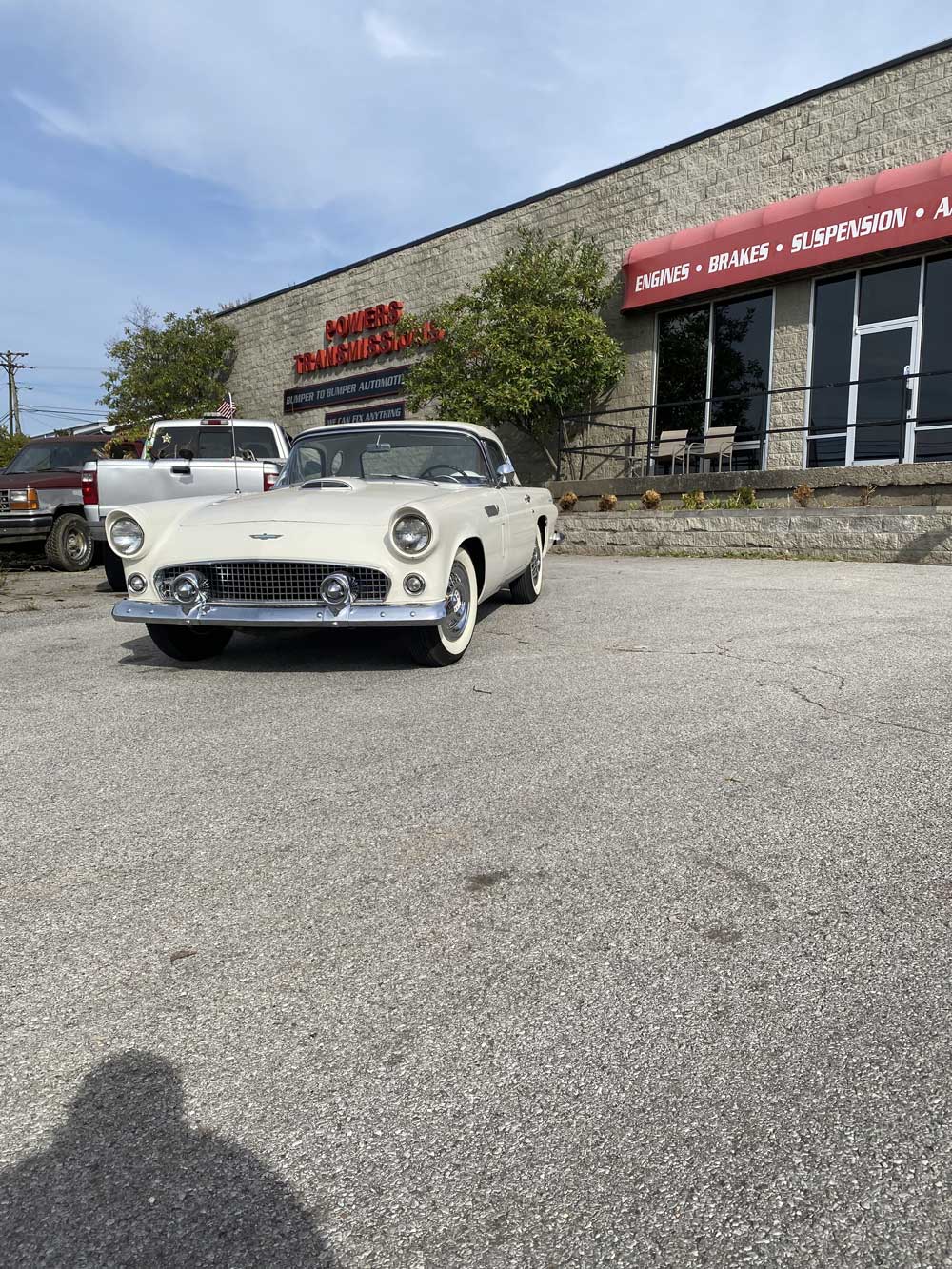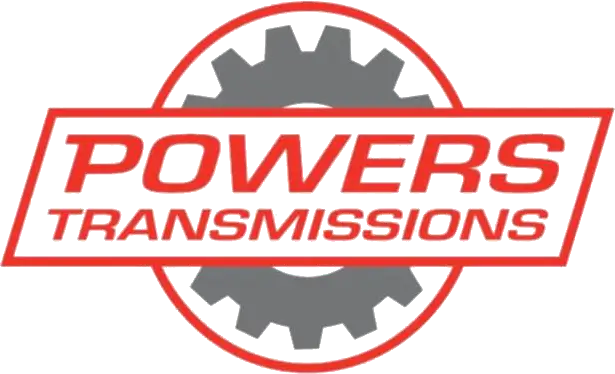Axle Repair in Lexington, KY
- CELEBRATING 46 YEARS
- Family Owned & Operated
- All Makes & Models
- CELEBRATING 46 YEARS
- Family Owned & Operated
- All Makes & Models
Contact Us
Axle Repair - Smooth Power Transfer to Your Wheels
Chris noticed a clicking sound when turning into parking spaces that gradually got worse over several months. Eventually, the clicking became a loud clunking, and he started feeling vibration through the steering wheel. When he brought his car to us, we found his CV joint was completely worn out and the axle needed replacement. After installing a new axle assembly, the clicking disappeared and his car drove smoothly again. “I wish I’d fixed it when the clicking first started,” he said. “It would have been much cheaper.”
Our Services
Contact Us
What Your Neighbors Are Saying About Us
They truly care about offering the right service and doing it at a very fair price. They were patient to explain everything in detail and had my car fixed same day. Their honesty and great service will keep me coming back for all of my car needs. A solid repair shop that will be my first choice going forward.
Could not be happier with the recent service I received at Powers Transmissions! David and his team are very knowledgeable and pleasant to work with. It’s nice to have the peace of mind knowing everything is done correctly. Very happy with the experience and highly recommend!
What stood out to me was their willingness to listen to my concerns over the phone and provide an accurate estimate for the repair timeline. Unlike some places, they didn't try to deceive me just to get me in the door. You can genuinely sense their passion for their work and helping customers.
Wow, excellent job. My HUMMER H2 runs so good. Now the Transmission can pull a barn down I have known Mr. powers for years. He is a stand up guy if he says something you can take it to the bank. I'm very happy.
Powers Transmissions took over and had my car done in less than a week. They worked with my warranty company and kept me updated on everything that was happening. Completely professional and competent unlike the first place I went! Thank you for all your help!

How Axles Work
Your vehicle’s axles transfer power from the transmission or differential to your wheels. Front-wheel drive vehicles use CV (constant velocity) axles that allow the wheels to turn while receiving power. Rear-wheel drive vehicles have a solid rear axle or independent rear axles depending on the suspension design.
CV axles use special joints that maintain constant rotational speed even when the suspension moves up and down or the wheels turn left and right. These joints are protected by rubber boots filled with grease.
Signs Your Axles Need Repair
- Clicking Noise: The most common sign is a clicking or ticking noise when turning, especially from parking lots onto streets.
- Vibration: Worn CV joints can cause vibration that you feel through the steering wheel or seat.
- Grease on Wheels: Torn CV joint boots leak grease that shows up on wheels or around the wheel well.
- Clunking Sounds: Severe CV joint wear causes loud clunking noises during acceleration or turning.
- Difficulty Turning: Extremely worn joints can make steering feel stiff or cause binding during turns.
- Torn CV Boots: Visible splits in the rubber boots that protect CV joints indicate imminent joint failure.
- Axle Noise: Grinding or whining noises from the wheels may indicate axle bearing problems.
What Causes Axle Problems
- Normal Wear: CV joints wear out gradually from normal driving, typically lasting 80,000-120,000 miles.
- Boot Failure: Torn CV joint boots allow grease to escape and contaminants to enter, causing rapid joint wear.
- High Mileage: Older vehicles with high mileage experience natural CV joint wear.
- Aggressive Driving: Hard acceleration, quick turns, and aggressive driving accelerate axle wear.
- Environmental Factors: Salt, dirt, and moisture can damage CV joint boots and cause premature failure.
- Improper Installation: Incorrect axle installation can cause premature failure.
- Lack of Lubrication: CV joints depend on special grease for lubrication and protection.


Our Axle Repair Process
When you have axle problems, we provide comprehensive diagnosis and repair:
- Noise Diagnosis: We identify the source of clicking, clunking, or vibration noises.
- Visual Inspection: We examine CV joint boots, axle shafts, and related components for damage.
- Road Testing: We test drive your vehicle to confirm symptoms and identify affected components.
- Quality Replacement: We use OEM or equivalent axle assemblies for reliable, long-lasting repair.
- Proper Installation: We follow manufacturer procedures for safe, correct installation.
- System Testing: We verify smooth operation and proper axle alignment after replacement.
Types of Axle Repairs
- Complete Axle Replacement: Most cost-effective option using remanufactured or new axle assemblies.
- CV Joint Replacement: Individual joint replacement when axle shafts are in good condition.
- Boot Replacement: Early intervention can save CV joints when boots are just beginning to tear.
- Axle Bearing Service: Wheel bearings integrated with some axles require specialized service.
- Differential Repair: Rear axle problems may involve differential or ring and pinion gears.

Front vs Rear Axle Service
- Front Axles: Most problems involve CV joints and boots on front-wheel drive vehicles.
- Rear Axles: Rear-wheel drive vehicles may have solid axles or independent rear suspension systems.
- All-Wheel Drive: AWD vehicles have both front and rear axles that can develop problems.
- Transfer Case: AWD and 4WD systems have additional components that can affect axle operation.
CV Joint Types
- Fixed Joints: Connect to wheels and allow for steering movement.
- Plunge Joints: Connect to transmission and allow for suspension movement.
- Tripod Joints: Common type of plunge joint that allows axial movement.
- Rzeppa Joints: Common type of fixed joint that provides smooth power transfer.
- Double-Offset Joints: Advanced design that reduces vibration and noise.
Axle Maintenance Tips
- Boot Inspection: Check CV joint boots regularly for cracks or tears.
- Early Repair: Address boot damage immediately to prevent expensive CV joint replacement.
- Driving Habits: Avoid aggressive acceleration and hard turns that stress axles.
- Professional Inspection: Have axles inspected during routine maintenance.
- Quality Parts: Use quality replacement parts that meet manufacturer specifications.
Cost Considerations
Axle repair costs vary based on vehicle type and repair needed:
- CV Boot Replacement: $150-300 if caught early before joint damage
- Complete Axle Replacement: $300-600 per side including labor
- Rear Axle Service: $400-800 depending on differential involvement
- All-Wheel Drive: $400-800 per axle due to system complexity
Early intervention saves money by preventing expensive CV joint damage.

Emergency Axle Failure
If your axle fails while driving:
- Loud Noises: Sudden loud clunking or grinding indicates immediate axle problems.
- Loss of Power: Complete axle failure means no power transfer to affected wheels.
- Safety Concerns: Sudden axle failure can affect vehicle control and braking.
- Professional Help: Have your vehicle towed rather than risk further damage or safety issues.
- Don’t Drive: Continued driving with failed axles can damage transmissions or differentials.
Seasonal Axle Considerations
- Winter Stress: Cold weather and salt can accelerate CV boot deterioration.
- Spring Inspection: Check for winter damage to boots and joints after harsh weather.
- Summer Driving: Hot weather can accelerate grease breakdown in worn CV joints.
- Road Conditions: Rough roads and potholes can stress axles and cause premature wear.


High-Performance Axle Options
- Upgraded Axles: Performance vehicles may benefit from stronger axle assemblies.
- Racing Applications: Track use requires specialized axles designed for extreme conditions.
- Modified Vehicles: Engine modifications may require upgraded axles to handle additional power.
- Heavy-Duty Options: Some vehicles offer heavy-duty axles for towing or commercial use.
Axle and Suspension Relationship
- Suspension Movement: Axles must accommodate suspension travel without binding.
- Alignment Impact: Axle problems can affect wheel alignment and tire wear.
- Bearing Integration: Some axles have integrated wheel bearings that require special service.
- Installation Angles: Proper axle installation angles prevent premature wear and vibration.

Differential and Axle Service
- Rear Differentials: Solid rear axles connect through differential gears.
- Limited Slip: Special differentials require specific lubricants and service procedures.
- Gear Oil Service: Differential fluid should be changed according to manufacturer schedules.
- Ring and Pinion: Major differential repairs may involve gear replacement.
- Professional Diagnosis: Differential problems require specialized knowledge and tools.
Why Choose Our Axle Service
We’ve been repairing axles and drivetrains for over 15 years and understand the complexity of different axle systems. Our technicians have the experience to properly diagnose axle problems and distinguish them from other drivetrain issues.
We use quality axle assemblies and follow proper installation procedures for lasting repairs. Whether you need CV joint service or complete axle replacement, we provide reliable solutions that restore smooth power transfer.
Schedule Your Axle Inspection
Don’t ignore clicking, clunking, or vibration from your wheels. If you’re hearing unusual noises during turns, feeling vibration, or seeing grease around your wheels, give us a call for axle evaluation.
Early diagnosis and repair of axle problems prevents more expensive damage and ensures safe vehicle operation. Address axle issues promptly to maintain reliable power transfer and smooth driving.


Areas We Serve
- Winchester Lexington
- Lane Allen Lexington
